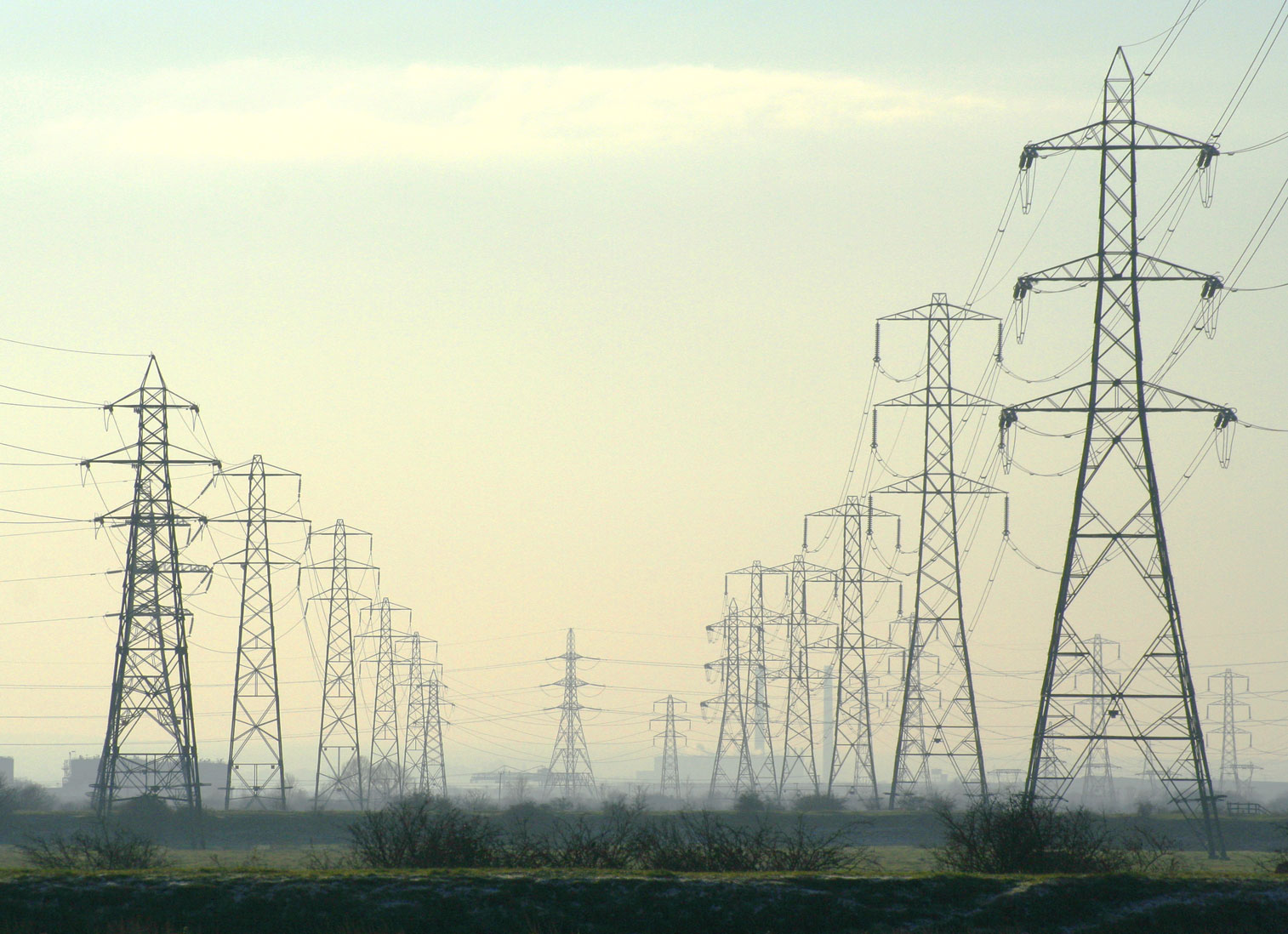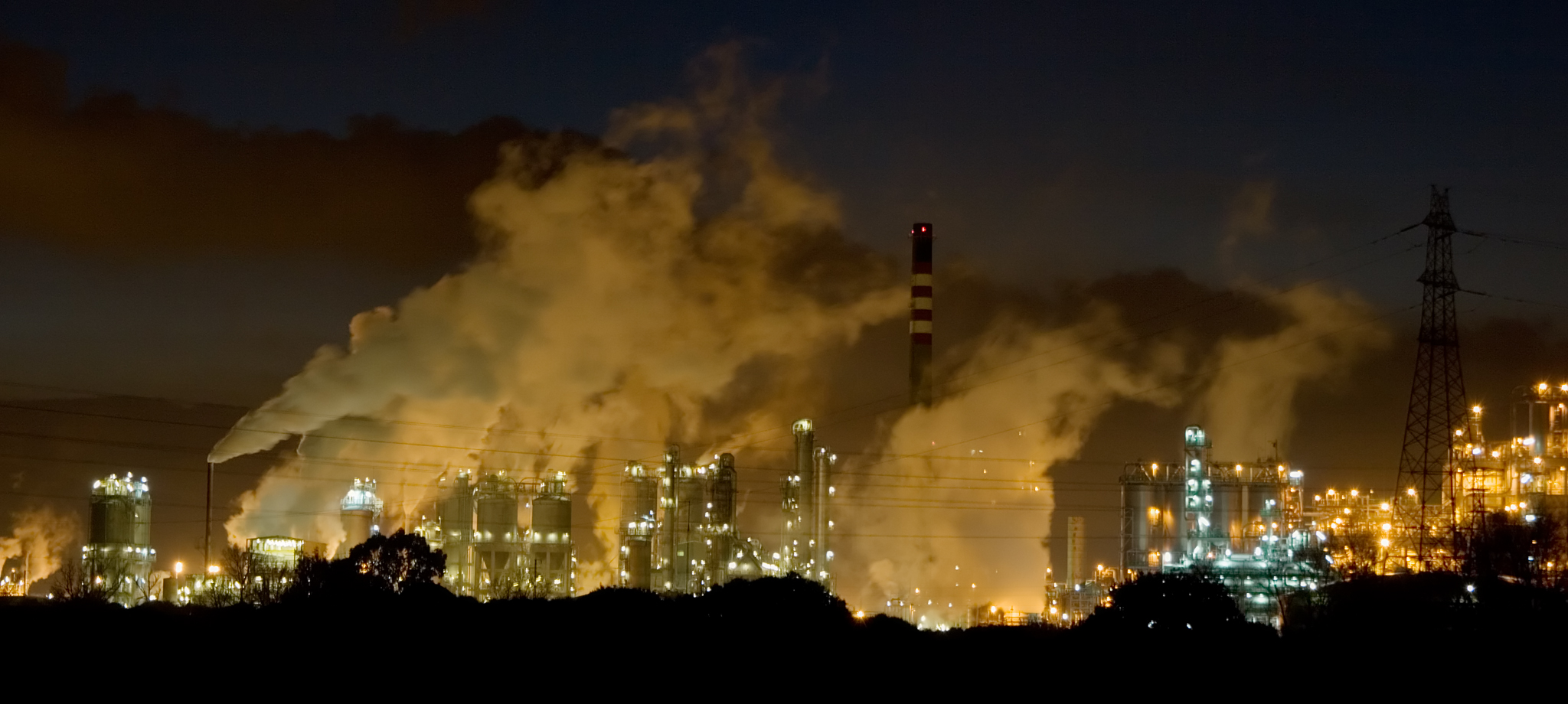John Bullock* This post is part of the Environmental Law Review Syndicate. Read the original here and leave a comment. Introduction As the public has become more aware of the intense connection between the practices of electric utilities and greenhouse gas emissions, interested groups have shone a brighter spotlight on the regulation of utilities in the United States. Some have called on the Federal Energy Regulatory Commission (“FERC”) to take on a more environmentally conscious role when exercising their authority to set wholesale rates.[1] While FERC still hasn’t explicitly taken environmental considerations into wholesale rate setting, it has taken steps…
-
-
This week’s post, Pipelines, Protests and General Permits, was written by Samantha L. Varsalona, Class of 2018 Staff Member at Georgetown Environmental Law Review. Check out the post here.
-
By Samantha L. Varsalona Georgetown University Law Center, Class of 2018 Staff Member, Georgetown Environmental Law Review This post is part of the Environmental Law Review Syndicate. Read the original here and leave a comment. Abstract The Dakota Access Pipeline (DAPL) has become a contentious topic in recent months. The controversy centers around Dakota Access, LLC[1], a subsidiary of Energy Transfer Crude Oil Company, LLC, and the Standing Rock Sioux Tribe of North and South Dakota[2] (the Tribe or Sioux), a federally-recognized Indian tribe. The Tribe’s reservation, Standing Rock Indian Reservation, is half a mile upstream from where DAPL’s crude…
-
This week’s post, Science and Deference: The “Best Available Science” Mandate Is A Fiction In the Ninth Circuit, was written by Elizabeth Kuhn, Class of 2017, at Lewis & Clark Law School. Read the post here.
-
Elizabeth Kuhn* This post is part of the Environmental Law Review Syndicate. Read the original here and leave a comment. I. Introduction Many recent decisions by the Ninth Circuit[1] have required the court to review agency actions under the Administrative Procedure Act[2] (APA) arbitrary or capricious standard.[3] The Supreme Court has held that the arbitrary or capricious standard is a “highly deferential” standard of review, though the inquiry must nonetheless “be searching and careful.”[4] Furthermore, the agency’s decision is “‘entitled to a presumption of regularity,’ and [the Court] may not substitute [its] judgment for that of the agency.”[5] For purposes…
-
This week’s post — An Ecology of Liberation: The Shifting Landscape of Environmental Law in an Era of Changing Environmental Values — was written by Michael Zielinski, Class of 2017, at William & Mary Law School. Read the post here.
-
By Michael Zielinski, William & Mary Law School, Class of 2017 This post is part of the Environmental Law Review Syndicate. Read the original here and leave a comment. I. Introduction In 1971, the Peruvian theologian and Dominican priest Gustavo Gutiérrez published his seminal work, A Theology of Liberation, in which he advocated an activist approach to Christianity based on the belief that it is only through living in solidarity with exploited and impoverished populations that all people can ultimately become free from all forms of injustice, oppression, and suffering.[1] Recognizing that “the signs of the times,” demanded a theology…
-
WWII-Era Government Contractor Indemnification Clauses Come to the Fore in CERCLA Litigation as Other Grounds to Shift Costs to the Government Narrow, by Hume Ross, Staff Member Georgetown Environmental Law Review. Read the post here.
-
By Hume Ross, Staff Member Georgetown Environmental Law Review This post is part of the Environmental Law Review Syndicate. Read the original here and leave a comment. I. Introduction Before World War II, Japanese Admiral Yamamoto wrote: “Because I have seen the motor industry in Detroit and the oilfields of Texas, I know Japan has no chance if she goes to war with America, or if she starts to compete in building warships.”[1] As he anticipated, after hostilities broke out the United States government quickly began to mobilize the nation’s considerable natural resources and manufacturing capacity. The War Production Board (WPB)…
-
The Articles and Note from ELJ’s first issue of Volume 24 are now available for online reading. Click the links below to check out our latest publication! Gerald Korngold, Semida Munteanu, & Lauren Elizabeth Smith, An Empirical Study of Modification and Termination of Conservation Easements: What the Data Suggest About Appropriate Legal Rules Anthony E. Chavez, Using Legal Principles to Guide Geoengineering Deployment Note: Rachel Scall, Bring Out Your Dead: An Examination of the Possibilities for Zoning Out Cemeteries Under RLUIPA The full contents of Volume 24 are included here.





